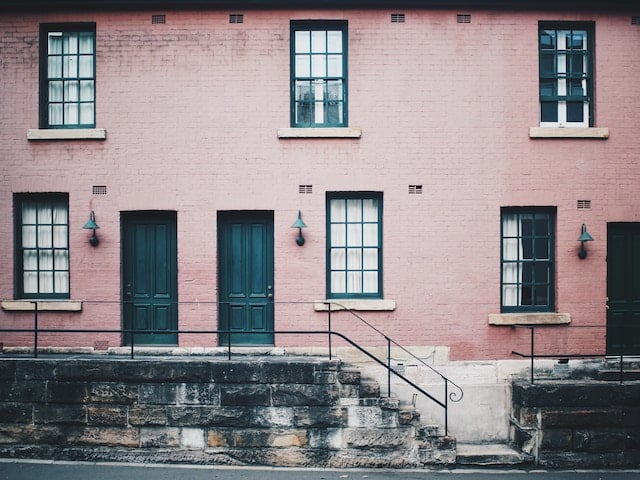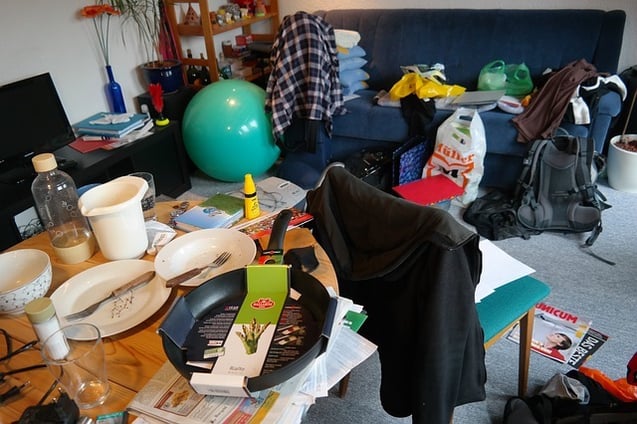As a landlord in Tacoma, Washington, you often have a lot on your plate. Among these responsibilities are utilities.
Generally speaking, every rental property will have some utility costs associated with it. Sometimes, these costs aren’t significant. This is especially true when you are dealing with single-family properties.
However, in other cases, these costs may be a bit significant. This is usually the case if you are dealing with apartment buildings with centralized hot water and boiler for heat.
If you are like most landlords, your goal is to make as much money from your investment property as possible. Maximizing your income may sometimes mean passing on some utility costs to your tenant.
Nonetheless, there are pros and cons to including utilities in rent.
In this blog, we are going to help you make the right decision by showing you the strengths and weaknesses of each option.
Why You Should Include Utilities in Rent

1. You can ask for more for your rentals.
This is the #1 reason why many landlords in Tacoma, WA include utilities in rent. After all, the goal of any landlord is to maximize their rental income.
However, doing so means taking on extra headaches and extra liabilities. Imagine if your tenant defaults on rent. Not only will they be owing you for rent, but they will also be defaulting on their utility bills as well.
Before you decide how much you can charge, first carry out some research on how much landlords are charging for comparable units. A quick online search can also provide some good insights.
2. You can set a utility ceiling.
Suppose you pay an average of $100 for your monthly utility bill. But, with the utility in rent, it now comes in at $150. Who between you and your tenant is going to eat the extra $50?
Without putting a ceiling on your leased agreement, you may be responsible for paying the extra $50.
For this reason, make sure that the lease clearly specifies the utility ceiling. Moreover, make sure the tenants know about it. This is the only way you can make them mindful of their utility usage.
Additionally, make the ceiling adjustable because costs of utilities usually vary depending on the season.
3. Your Tacoma, Washington property can stand out from the competition.
Not many properties have utilities included in the rent. If you do, it can be an enticing differentiator. Remember your rental advertisement will usually be competing against hundreds if not thousands of other rental ads.
Utility bills vary, and this often complicates budgeting especially for lower-income bracket tenants. If you include utilities in the rent, such tenants can rest assured knowing they will receive a fixed cost every month.
4. The costs of utilities can qualify for tax deductions.
Including utility costs in rent will usually mean charging higher rents. Consequently, this may connote an increase in your tax bill.
At this point you are probably asking – will it be worthwhile?
Yes, it is, and here is why – utility bills are tax deductible. Just like other property expenses. Utility costs are genuine business costs associated with ownership and management of a property.
If you don’t know exactly how tax deductibles are filed, make sure you hire professional help.

5. You won’t have to retrofit separate meters.
Older apartment buildings usually don’t have separate meters for each unit. This is also true for a large home that has been converted into a couple of apartments.
In such cases, it may be worthwhile to just include the utilities in rent rather than consider installing meters.
Why You Should Not Include Utilities in Rent
1. You may become liable for your tenant’s utility bill.
Normally, tenants are responsible for their own utility bills, such as gas and electricity bills. If they default on paying them, it’ll be the responsibility of the utility company to go after them.
However, by including them in rent, it means that the responsibility now becomes yours to take. In other words, you’ll be on the hook should the tenant, for whatever reason, default on the rent.
Moreover, you may find yourself fighting a tenant harassment lawsuit should you decide to use illegal methods to compel them to pay their dues. A good example is cutting off their gas or electricity.
2. It may mean less profits for you.
As previously mentioned, utility costs may vary depending on the season. Suppose your electricity and gas rates go up by an extra $50. Who do you think is going to be liable for that extra charge?
You – the landlord! This is especially true if you haven’t included a term on your agreement that says what happens in such a situation.
Sure, you can always raise the rent after the current lease term ends. However, that could be an entire twelve months away!
3. It means extra responsibilities.
As a Tacoma landlord, you already have a lot on your plate. Thus, managing utility bills may not be in your best interest.
If you forget to make a payment on your utility bills, you may incur penalties. These late fees may also mean less profits left for you.
4. Higher rent prices may scare away some prospects.
Sure, including utilities in rent may be convenient for tenants. That said, this signifies that your rent price will be higher, which can be damaging in a bad market.
Before deciding to include utilities in rent, it pays to do some research first. Some market conditions can favor it while others may not.

5. You risk attracting lower-quality tenants.
Once word gets out that you are covering utilities, your risk of attracting low-quality tenants goes up. Such tenants usually have the “all-you-can-eat” mentality. They know that they don’t have to put utilities in their name.
So, should you or should you not include utilities in rent? There is no direct answer to that. You’ll need to evaluate your own option to see what is workable and what is not.


